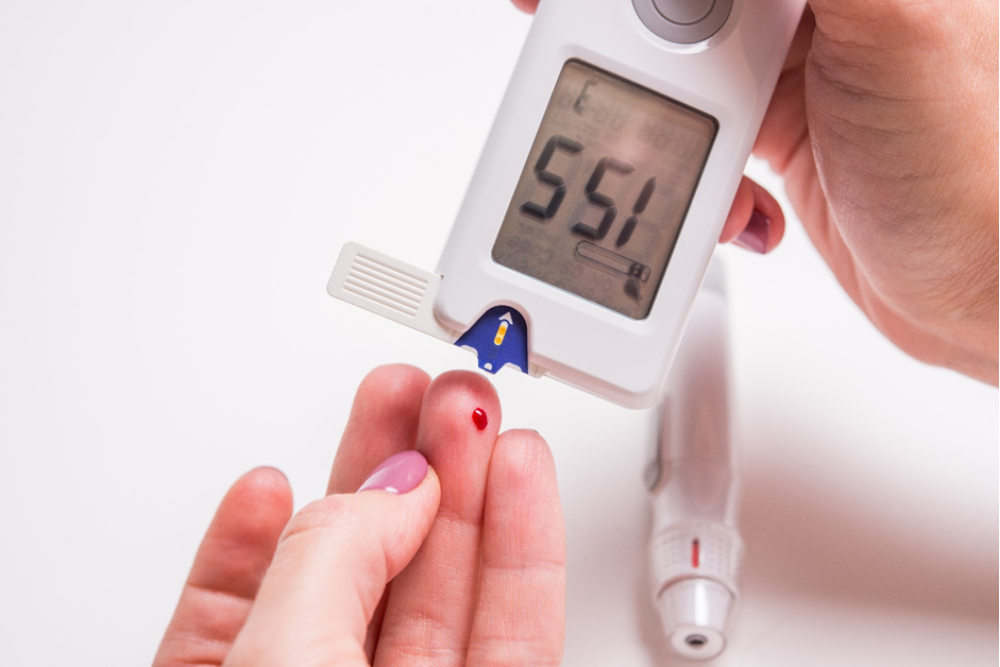Diabetes, a chronic condition characterized by high blood glucose levels, is rapidly increasing worldwide, with more and more people diagnosed every year.
As per the World Health Organization (WHO), diabetes is a major global health concern. Though medical advancements like allopathic treatments help manage the condition, a holistic lifestyle approach is crucial to achieve better control over diabetes. One such alternative treatment is homeopathy, which is gaining attention for its potential in managing diabetes symptoms and side effects. But how effective is homeopathy in treating diabetes, and what should you know about it? Let’s break it down.
What Is Homeopathy and How Does It Work for Diabetes?
Homeopathy is a natural system of medicine that aims to stimulate the body’s healing processes by using remedies derived from plants, minerals, or animals.
The foundational principle of homeopathy is “like cures,” meaning that a substance that causes symptoms in a healthy person can be used in very diluted forms to treat similar symptoms in an ill person. In the context of diabetes, homeopathy plays a supportive role in managing symptoms and enhancing the body’s overall health.
When it comes to diabetes, homeopathy aims to treat the disease’s broader impact on the body, not just its effects on blood sugar levels. Homeopathy addresses various symptoms of diabetes, such as excessive thirst, frequent urination, fatigue, and skin sores, by using individualized constitutional medicines.
What Are the Common Symptoms of Diabetes That Homeopathy Can Address?
People with diabetes often experience a wide range of symptoms due to fluctuations in blood glucose levels. Some of the common symptoms include:
- Excessive thirst
- Fatigue
- Frequent urination
- Dry mouth
- Blurry vision
- Skin sores or ulcers
Homeopathic remedies are designed to target these symptoms, helping to ease the discomfort caused by diabetes.
How Effective Is Homeopathy in Treating Diabetes?
While homeopathy uses natural substances and has been practiced for centuries, its effectiveness in treating diabetes is still debated. The use of homeopathy in treating diabetes has not been extensively studied through large-scale clinical trials.
Homeopathic remedies have been tested on animals (mice and rats), but the results were inconclusive in showing significant benefits for diabetes management. Furthermore, while homeopathy may be effective for managing side effects of diabetes, such as neuropathy or erectile dysfunction, it is not considered a primary treatment option for blood sugar control.
Homeopathy is a complementary therapy, meaning it works well alongside traditional allopathic treatments. It can assist in managing the side effects of diabetes, especially when combined with diet changes and regular exercise.
Homeopathy is not a replacement for conventional medicine but can be an additional support to help patients feel better overall.
What Are Some Homeopathic Remedies for Diabetes?
Several homeopathic remedies are commonly prescribed to manage various symptoms associated with diabetes. These remedies are individualized based on the patient’s overall health and specific symptoms. Some of the most commonly used homeopathic benefits for diabetes include:
- Helps with excessive urination and nausea.
- Used to treat numbness in the feet and hands, a common diabetic complication.
- Used to treat infected ulcers and promote healing of wounds.
These remedies are chosen based on the patient’s specific symptoms and overall health condition. A homeopath will assess the individual’s health history, lifestyle, and other factors before prescribing any treatment.
Conclusion: Should You Consider Homeopathy for Diabetes?
Homeopathy, with its use of natural remedies, can be a valuable complementary therapy for managing symptoms and improving the overall health of diabetic patients. If you are considering homeopathic treatment for diabetes, consult with your doctor to ensure a safe and integrated approach to managing your condition.
Interested in exploring homeopathy as part of your diabetes management plan? Always consult with your doctor and a qualified homeopath to determine the best course of action for your health and well-being.

